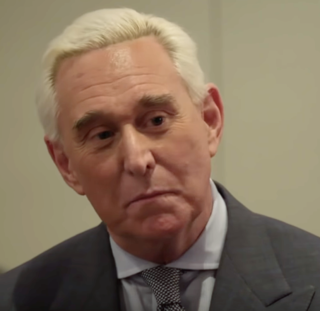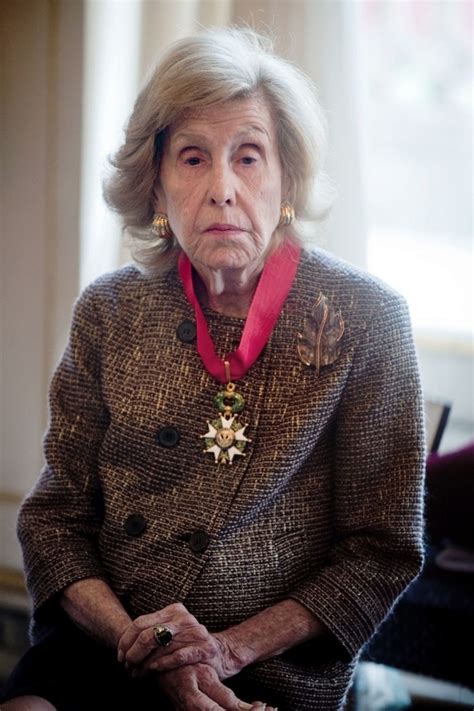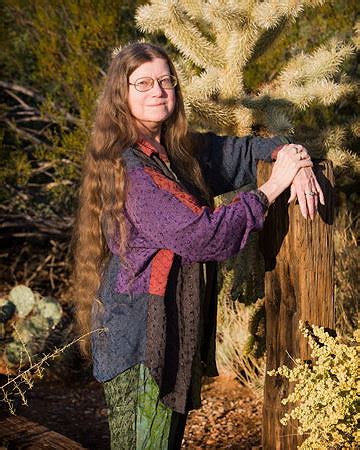A Quote by Arthur Schopenhauer
First the truth is ridiculed. Then it meets outrage. Then it is said to have been obvious all along.
Related Quotes
I didn't think I was good at anything, didn't do well in school. And then in the third grade, I was going to a public school. And the teacher was putting math problems on the board. And I said to myself - it's amazing how you can remember certain incidents at any age that made an impression - I asked myself why is she putting those up when the answers are obvious. And then I saw it wasn't obvious to anybody else in the class. So I said, "Hey, I'm good at something."
The political establishment, they don't know what to do about Trump because they said, oh, the immigration thing will kill him. First, they said he'll never run, and then he ran. Then they said he'll never file his financial disclosures. He filed and on time. Then they said, he's going to fall flat on his face.
At the very outset I have to tell you that truth is what it is. You cannot mold it, you cannot change it. It is always the same. It has been the same, it is the same, it will be the same. But to say that we know the truth and that we have the truth is really a self-deception. If you had known the absolute truth there would have been no problems and everybody would have said the same thing. There would be no discussions, no arguments, no fights and wars. But when we don't know the absolute truth then we can find out our own mental conceptions as the truth. But this mind is so limited.
If it's not as easy as we thought it was, for women to speak our truth, to even know our truth, then the missing ingredient is some sort of inner courage. To first of all, believe in the validity of who we are. And then to speak from it. It takes inner courage. As a leader in a large organization, I've often been the only woman working with powerful men, especially when I was younger.
I don't suppose that she gave you the job based on looks alone?" Adrian had been staring off but now flashed me a big smile. "Why, Sage, you sweet talker." "That's not what I meant! What happened?" He shrugged. "I told the truth." "Adrian!" "I'm serious. She asked me what my greatest strength was. I said getting along with people." "That's not bad." I admitted. "Then she asked what my greatest weakness was. And I said, 'Where should I start?'" "Adrian!" "Stop saying my name like that. I told her the truth. By the time I was on the fourth one, she told me I could go.
The most work he did on [the urinals] was to run a brush once or twice apiece, singing some song as loud as he could in time to the swishing brush; then he'd splash in some Clorox and he'd be through. ... And when the Big Nurse...came in to check McMurphy's cleaning assignment personally, she brought a little compact mirror and she held it under the rim of the bowls. She walked along shaking her head and saying, "Why, this is an outrage... an outrage..." at every bowl. McMurphy sidled right along beside her, winking down his nose and saying in answer, "No; that's a toilet bowl...a TOILET bowl.
A wager?" I repeated. "Yes," he said, and gave me a slow smile, bright with challenge. ... "Stake?" I asked cautiously. He was still smiling, an odd sort of smile, hard to define. "A kiss." My first reaction was outrage, but then I remembered that I was on my way to Court, and that had to be the kind of thing they did at Court. And if I win I don't have to collect. I hesitated only a moment longer, lured by the thought of open sky, and speed, and winning. "Done," I said.









































